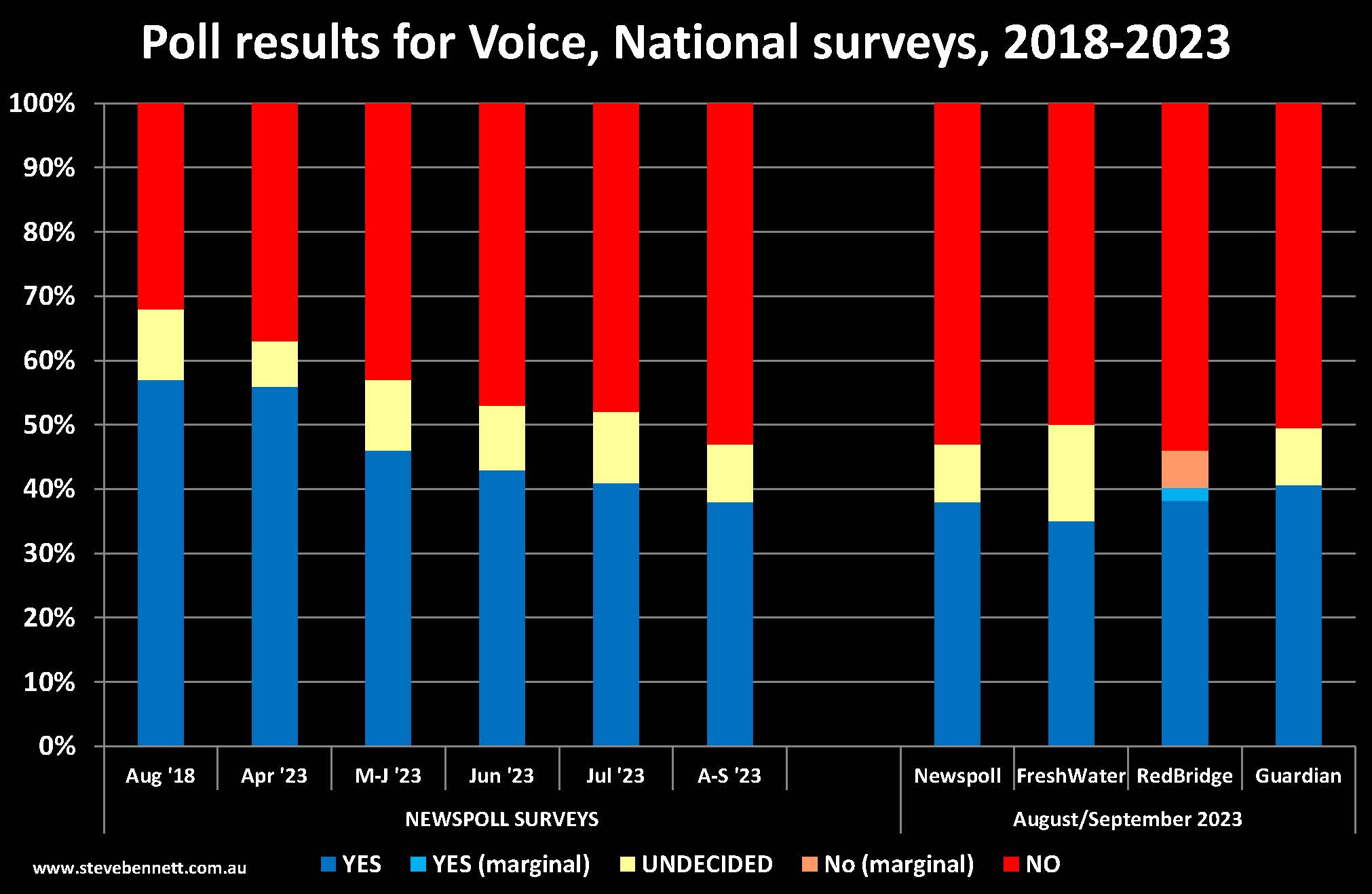OPINION:
Lack of detail and concerns from demands for Treaty and historic First Nation calls are eroding support for 'Voice'. Polls predict a failure in the referendum.
The Voice was introduced by Albanese to be a "modest" change. However, expectations that had been previously expressed by First Nation people during the initial regional gatherings continue to be mentioned by activists so the concern is spreading that they could become entrenched if this proposal is incorporated in the constitution.
The real “truth-telling” should have begun at the outset with a complete statement from the Prime Minster of what Australians are up for if a Yes vote wins the constitutionally entrenched Voice to Parliament referendum to be held on 14th October 2023.
Most Australians would have happily said yes to a sober and unembellished constitutional acknowledgement of Aboriginal people. Initially the majority were in favour. But the mood has swung after the public started to look at the repercussions of this proposal. The majority of 53% said 'No' against a modest 38% 'Yes' for Albanese's proposal according to the latest Newspoll in August into September 2023. This aligns with other polls that were conducted and the 'No' vote has increased again during September despite campaigning.
The Prime Minister stated that the Voice is just the first stage of the process from the Uluru Statement. 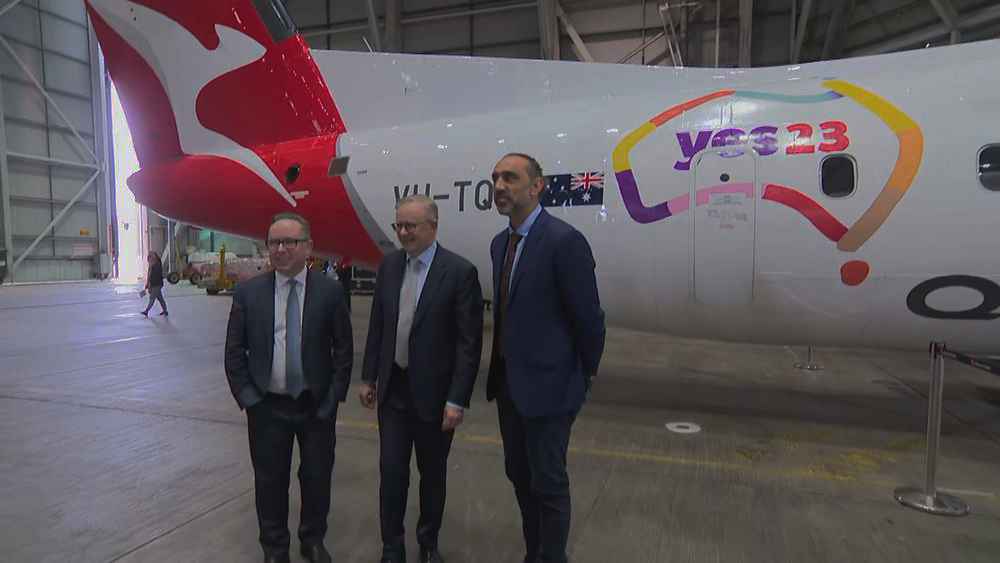 A regional working group in December 2016 from Tasmania proposed that the constitutional recognition process should be used “to progress treaty negotiations” and specifically stated “Treaty must include: Land and sea rights / A fixed percentage of Gross Nation (sic) Product. Rates/land tax/royalties / Right to self-determination / Timeline to achieve / Aboriginal control”. Yet another group in Adelaide reported their strong support for “economic measures like seeking a percentage of Gross Domestic Product (GDP)”.
A regional working group in December 2016 from Tasmania proposed that the constitutional recognition process should be used “to progress treaty negotiations” and specifically stated “Treaty must include: Land and sea rights / A fixed percentage of Gross Nation (sic) Product. Rates/land tax/royalties / Right to self-determination / Timeline to achieve / Aboriginal control”. Yet another group in Adelaide reported their strong support for “economic measures like seeking a percentage of Gross Domestic Product (GDP)”.
Despite this record, when Penny Wong was asked if a successful Yes vote could open the door to fresh demands - such as Reparations or a Treaty - and whether the Voice could become the “first step” towards such an outcome; she categorically responded “No, of course it is not." However, within a week, an activist publically demanded a Treaty so the demands that have been aired in the past are still on the drawing board.
Laws were overturned in Western Australia when the inadequately prepared Aboriginal cultural heritage legislation brought on mass protests by farmers that had been ambushed. The risk from well-intended but misguided proposals that were implemented by Labor in WA has flowed nationally and for the first time, the Coalition is ahead of Labor at First Party level.
The ongoing lack of detail on Albanese’s plans for the Voice is worsening the divide amongst Australians. There is no clarity either in statements that have been made by the Minister for Indigenous Affairs so the lack of ownership of this proposal allows the uncertainty and concern to fester amongst the population.
This will be the last consultation with the Australian people because thereafter it will be driven by politicians with First Nation guidance if the 'Yes' vote is carried in the referendum.
The Voice has either got to be done properly or not at all.
Once the genie is released from the bottle, it won't go back.
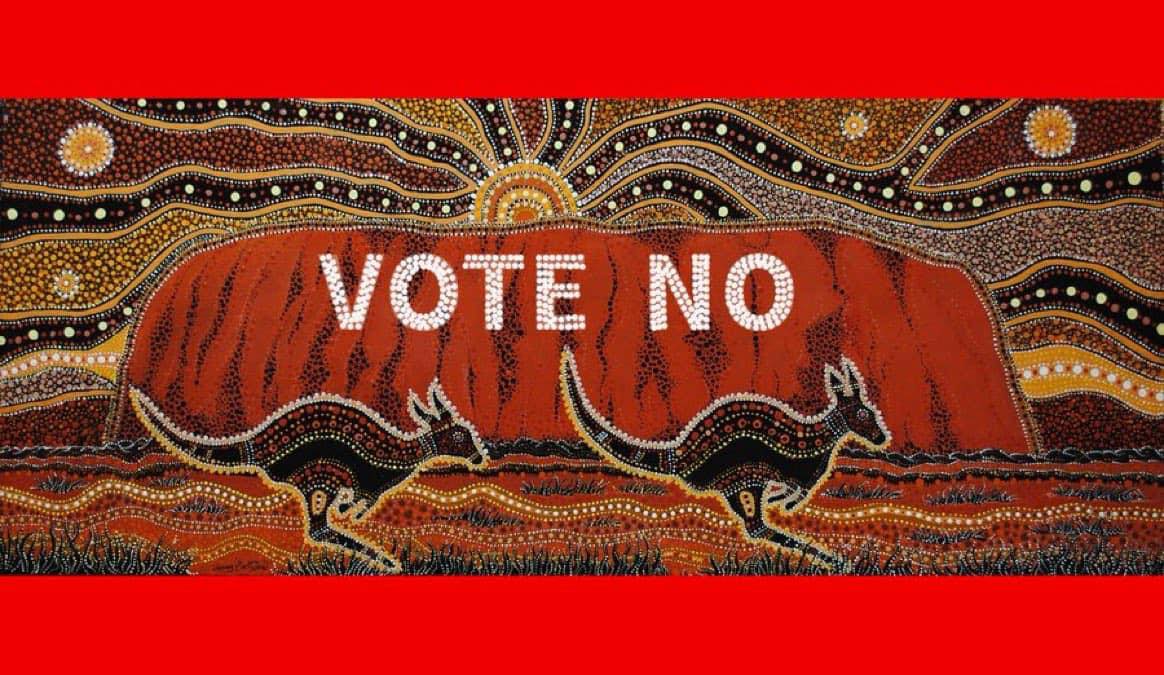
Landmark events since April 2023
Apart from Noel Pearson and Professor Marcia Langton, there aren’t that many Aboriginal leaders that are noticeably strong in support of Albanese's Voice but several have said that they will vote in favour. Noel has mellowed his message recently. Langton threatened the Leader of the Opposition with legal action but the proclaimed Yes voter Joe Hildebrand wrote “Yes campaigner Professor Marcia Langton sparked controversy after suggesting No voters were motivated by 'racism' and 'stupidity'... and 'there is little doubt that the damage caused to the Yes campaign by Langton’s comments and the tsunami of previous slurs that have come to light in their wake is little short of terminal'.
Divergent views are being expressed by the minorities.
An Indigenous elder is telling her community to vote No on the Indigenous Voice to Parliament because she doesn't 'trust the government in any way shape or form'.
Kurnai elder Aunty Cheryl Drayton, who lives in the Gippsland region, in south-east Victoria, said there wasn't enough detail on how the proposed body would help Indigenous people.
'While there's no meat on the bone of how this is going to work, I can't see how any normal person with a brain could vote for it,' long-time Indigenous student support worker Aunty Cheryl told The Age.
'It doesn't tell them how people are going to get elected [on to the Voice].
'The government has thrown a lot of money at this and it could have been spent developing communities' aspirations.'
1. Rival Indigenous groups in Tasmania to vote against Voice to Parliament in major blow for 'Yes' campaign
Support for the Voice is considered to be highest in the state of Tasmania. Leuren Evans, Digital Reporter, SkyNews.com.au, reports that support has taken another blow as key Indigenous lobby groups heavily defend the 'No' campaign.
The Circular Head Aboriginal Community (CHAC) has been in a long-standing feud with the 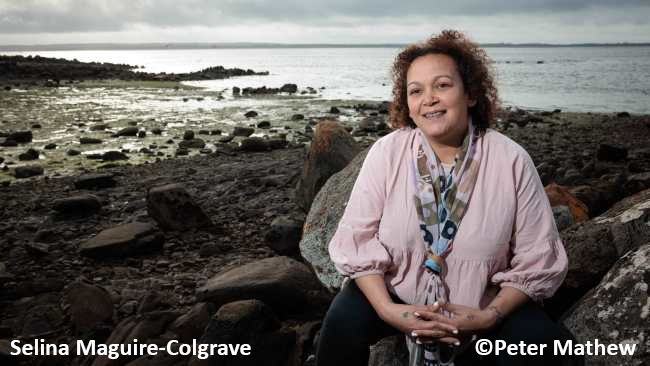 larger Tasmania Aboriginal Centre (TAC). The rival groups rarely see eye-to-eye but they are united on defeating the referendum over fears the Voice to Parliament will do more harm than good.
larger Tasmania Aboriginal Centre (TAC). The rival groups rarely see eye-to-eye but they are united on defeating the referendum over fears the Voice to Parliament will do more harm than good.
The CHAC began in 1994 and is home to just 8,000 people in the far north-west region of Tasmania. Only 10 per cent there identify as Aboriginal though. CHAC Chairperson Selina Maguire-Colgrave fears small Aboriginal communities like hers "won't have any representation at all" and the Voice to Parliament will diminish the progress that has already been made. "We’re scared our Voice will be made smaller," she told SkyNews.com.au, before slamming the federal government as she felt as though she was being "held ransom...”
“The whole rationale of 'you're racist if you vote 'No', and the whole rationale of 'this is your one chance, you’ll never get another chance', I do not like to be held ransom and neither does my community."
Ms Maguire also raised concerns about how the Voice to Parliament would work if the referendum passed as she says "we’re voting on something we have zero detail on". 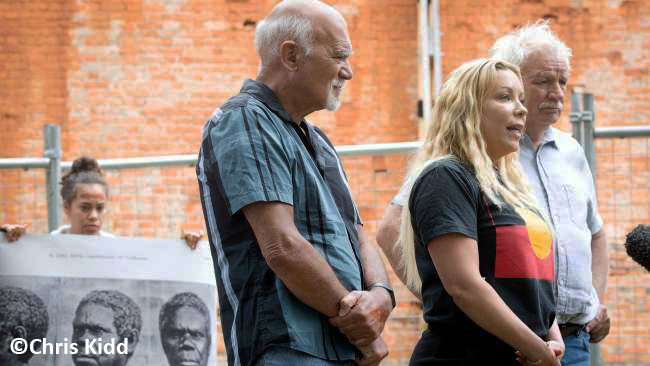
The Aboriginal Land Council of Tasmania (ALCT), who works closely with the Tasmanian Aboriginal Centre, confirmed both bodies will not be supporting a Voice to Parliament. ALCT Manager Rebecca Digney told SkyNews.com.au "Australia can do better than an enshrining a powerless advisory body in the Constitution". "As Aboriginal people we deserve better than to be relegated to mere advisors on decisions that stand to impact only Aboriginal people," she said.
"It is ALCT’s firm position that being constitutionally relegated to political powerlessness is certainly not a positive thing for Aboriginal people."
Nala Mansell, who coordinates the TAC in Hobart, Launceston and Burnie, agreed the Voice will not adequately represent her community but was unable to provide a more detailed comment due to being unwell.
2. Lidia Thorpe
Lidia Thorpe represented the Green Party in Victoria in the Senate and is a proud DjabWurrung Gunnai Gunditjmara woman.
Albanese says that despite the minutes, effectively, of the meetings that took place in the lead-up to Uluru, he only considers the one pager Uluru Statement to be relevant because "They came up with a gracious 440-word statement."
He chooses to ignore expectations from First Nation delegates over the past six years.
While backing her leader on television, Senator Wong refuted any chance of demands for Reparation or Treaty coming from the Voice. During the following week Labor assurances were discredited by activist Lidia Thorpe's demands as reported by the Daily Mail Australia.
Ms Thorpe demanded the Prime Minister pursue Treaty, 'Truth' and a 'Blak Republic'.
She said she was concerned the Voice lacked 'real power' and suggested the Senate should be 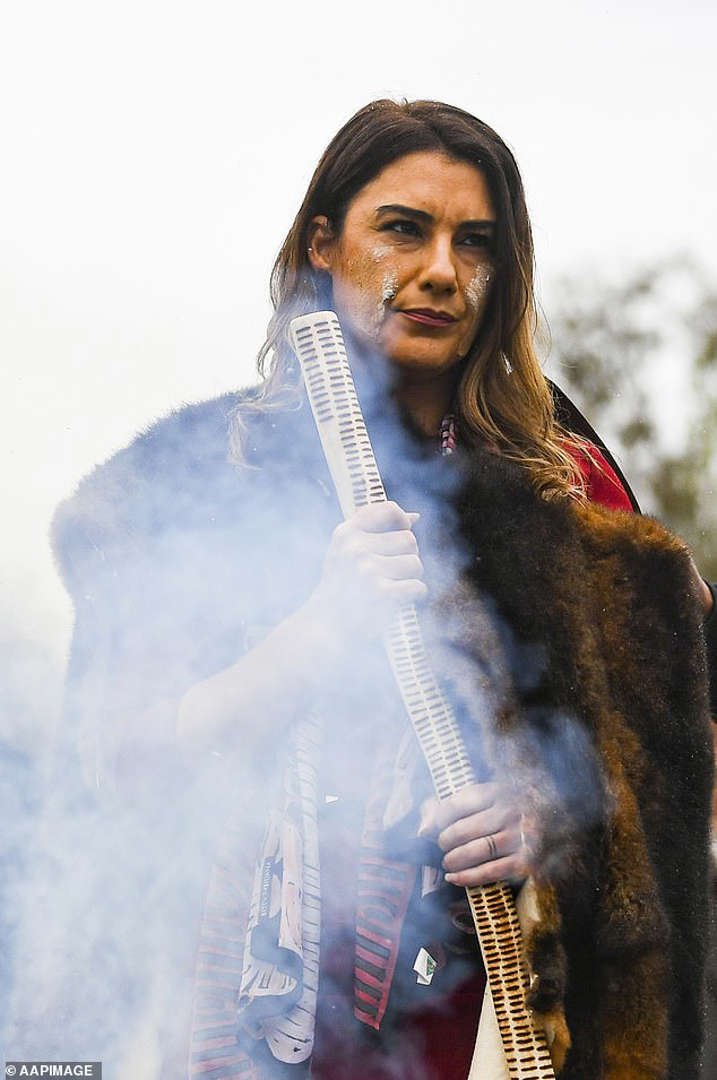 expanded to offer independent seats for First Nation representatives.
'Why would First Nations people almost surrender and go into a constitution that we never asked for?' Ms Thorpe said.
'We need to go back to that and say, hang on, we haven't said that you're allowed here yet.
'You haven't conquered us and you haven't killed us off, haven't wiped us out.'
expanded to offer independent seats for First Nation representatives.
'Why would First Nations people almost surrender and go into a constitution that we never asked for?' Ms Thorpe said.
'We need to go back to that and say, hang on, we haven't said that you're allowed here yet.
'You haven't conquered us and you haven't killed us off, haven't wiped us out.'
Ms Thorpe elaborated on one of her demands after calling for Mr Albanese to pursue 'truth'. 'I think it's important that every person who lives in this country understands the history and the true history of this country,' she said.
Ms Thorpe has previously said '10 independent Blak seats [could be added to] the parliament today' on the basis that sovereignty was never ceded. She argued the same argument holds for a treaty and that a referendum is not required to bring it about. The impassioned senator said a 'Blak' Republic would guarantee that First Nations people would have 'real power' and maintain their sovereignty over the land. It would allow Indigenous people to 'take back what was ours in the first place and share it in a way that we know how best to do'. 'I mean our whole culture is based on sharing and caring. So a Blak Republic would ensure that everybody in this country is looked after,' she said. Ms Thorpe said she was in parliament to 'infiltrate' and 'question the practices of colonial governance'. 'To remind them that we have not ceded sovereignty and to remind them that they don't have consent to destroy the country and they don't have consent to make decisions for our people,' she said.
3. Senator Jacinta Nampijinpa Price
Senator Jacinta Nampijinpa Price, Shadow Minister for Indigenous Australians, was very active during the early stages of the campaign. This email was posted on CairnsNews on 17th April 2023.
“FOI reply reveals the Voice will enable a Treaty which will take a large portion of GDP and rent from all white Australians and abolish flag"
This is an extract:
Documents released by the National Indigenous Australians Agency under freedom of information laws say that “any Voice to Parliament should be designed so that it could support and promote a treaty-making process”.
And what’s in the treaty?
According to these documents, it must include a “fixed percentage of Gross National Product. Rates/land tax/royalties”.
The documents explain:
…a Treaty could include a proper say in decision-making, the establishment of a truth commission, reparations, a financial settlement (such as seeking a percentage of GDP), the resolution of land, water and resources issues, recognition of authority and customary law…
This a direct quote:
“Australia got a whole country for nothing, they haven’t even begun to pay for it.”
From this starting point, how far will recommendations from the Voice go?
According to the documents, there is the drive to abolish the Australian flag, because “the Australian flag symbolised the injustices of colonisation”.
Yet Albo says this is a modest proposal.
What’s modest about forcing you to change your flag or pay a percentage of the entire economy as reparations?
Sounds like a bloody BIG change to me!
Just to be super clear, this is how their plan works:
- They enshrine the divisive Voice in the Constitution and it’s there forever.
- The Voice forces Australians into a “treaty”.
- The treaty means Australians pay a percentage of the GDP – that is, a percentage of the entire nation’s economy – to the Voice … every year.
- On top of that, Australians are forced to pay “rates/land tax/royalties” to the Voice.
This is why Albo wants you to think you’re voting on a “modest” change.”
Because when Australians find out the truth, there’s no way they’d support it, let alone enshrine it in their Constitution forever."
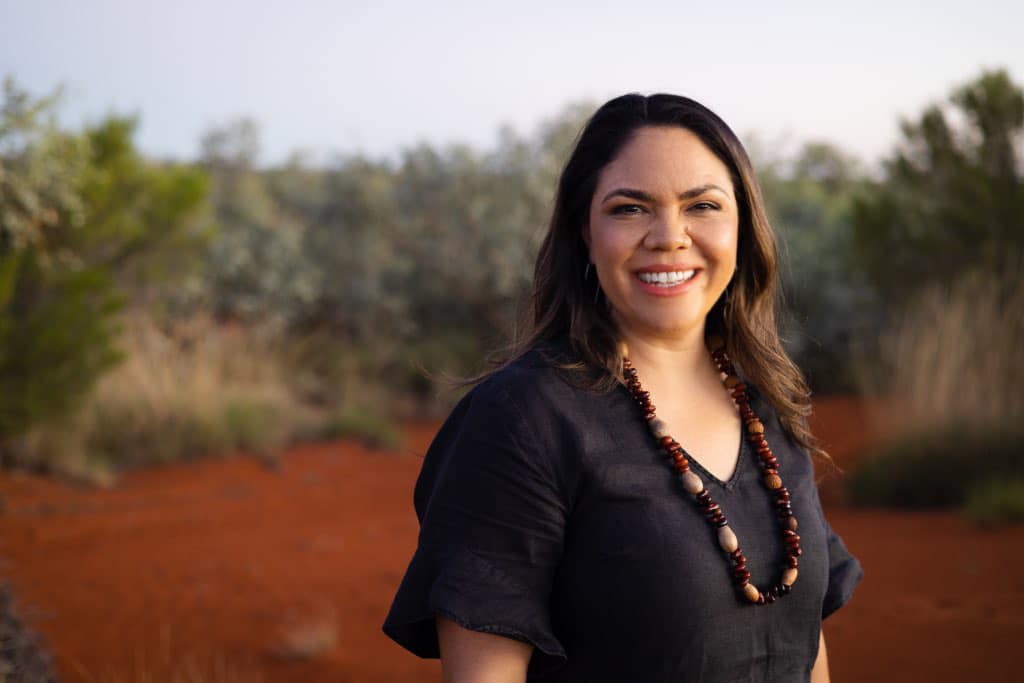
4. William Summers
Extracts from William Summers', British Journalist working for AAP FactCheck, post of 21st April 2023.
Origins of calls for changes to flag, reparations and treaty as % of GNP from prior consultations and dialogue of First Nation people:
“... extracts from Minutes from 13 ‘regional dialogue’ consultation events held in 2016 and 2017. The dialogue consultation events, which were attended by around 1200 Aboriginal and Torres Strait Islander people, were part of the national consultation process about how best to recognise Indigenous Australians in the Constitution.
“Priorities from the dialogues were reported to a First Nations Convention at Uluru in May 2017. The convention led to the ‘Uluru Statement from the Heart‘, which called for the establishment of an advisory Indigenous ‘voice to parliament’.
“The consultation documents were published in March by the National Indigenous Australians Agency (NIAA) under Freedom of Information (FOI) laws.
“They show some attendees proposed changing the flag and financial reparations. Those comments were subsequently recorded in the official record of the meetings.
The claim “they want to abolish the Australian flag” was taken from the minutes of the regional dialogue held in Ross River in early 2017.
The official record from that meeting says: “The meeting spoke about the important symbolism of the flag, and how the Australian flag symbolised the injustices of colonisation.”
The Ross River dialogue minutes go on to quote an attendee as saying: “Remember the day when Cathy Freeman ran with the flag. That flag was not recognised. It’s time to change the flag too.”
The claim that a treaty “must include a ‘fixed percentage of Gross National Product'” came from the Hobart regional dialogue held in December 2016.
Notes from the Hobart meeting show delegates were split into five working groups. Each group discussed priorities related to constitutional recognition including a possible voice to parliament and a treaty.
The FOI documents show “working group five” at the Hobart event proposed the constitutional recognition process should be used “to progress treaty negotiations”. The working group went on to propose: “Treaty must include: Land and sea rights / A fixed percentage of Gross Nation (sic) Product. Rates/land tax/royalties / Right to self-determination / Timeline to achieve / Aboriginal control”.
The Adelaide regional dialogue event additionally reported there was “strong support” for “economic measures like seeking a percentage of Gross Domestic Product (GDP)” ”
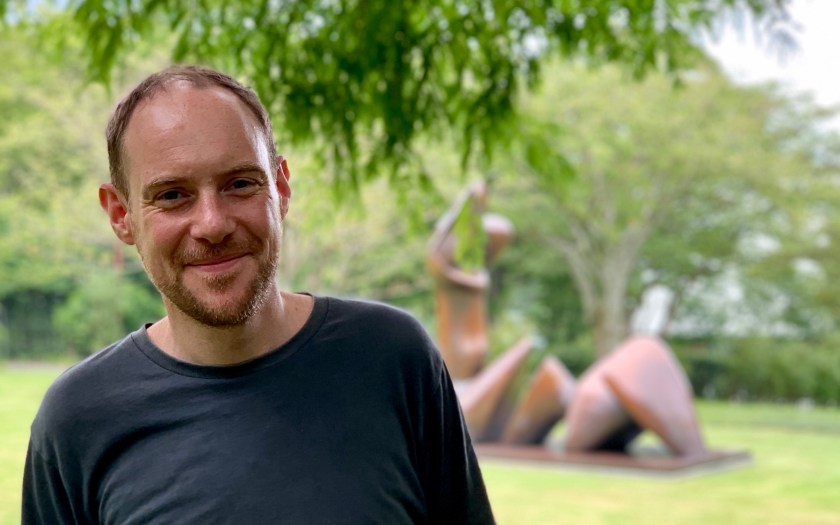
5. Nick Cater
Nick Cater, columnist, has requested some truth to be shared about the sequence of events if Australians vote in favour of the Voice to Parliament. The Prime Minister called it a modest proposal.
'Colonial grievance' at the heart of the Indigenous Voice and the reparations that will follow is leading us down a dangerous rabbit hole.
"The real “truth-telling” should begin right now, starting with a complete statement of what we’re up for if we vote yes to a constitutionally entrenched Voice to Parliament at this year’s referendum, writes Nick Cater, Contributor and Political Commentator.
It began as what the Prime Minister called “a gracious and modest proposal … recognising First Nations People in our nation’s birth certificate”.
Now it’s all about the money, at least in Queensland, where the price of signing treaties with 150 Aboriginal and Torres Strait Islander tribes will be hundreds of millions of dollars and maybe more.
It is hard to estimate exactly how much the bill will be or how many groups will sign up, state Minister Craig Crawford said this week.
That “is really going to be informed by the truth-telling inquiry”, he told The Australian.
Allow me to say, Prime Minister, as graciously and modestly as I can that I have a problem with this.
So too will every other Australian who believes that reconciliation is about bringing citizens together, not dividing them into tribes.
Perhaps the truth telling should begin right now, starting with a complete statement of what we’re up for if we vote yes to a constitutionally entrenched Voice to Parliament at this year’s referendum.
It would be good to see a bit more truth in advertising from the Yes campaign...
The Prime Minister has at least put on the record, sort of, that the Voice is just the first stage of the process proposed in the Uluru Statement from the Heart.
As developments in Queensland demonstrate, it is unlikely to end there.
A treaty will lead to ambit claims which no doubt the government will pay in full, since to haggle over money would be taken as a sign that we are not as repentant about colonisation as we should be.
Stage five will be sovereignty if the radicals get their way, which they always seem to eventually.
The prospect of reparations throws the constitutionally entrenched muddle of the Voice to Parliament into a new orbit of moral confusion.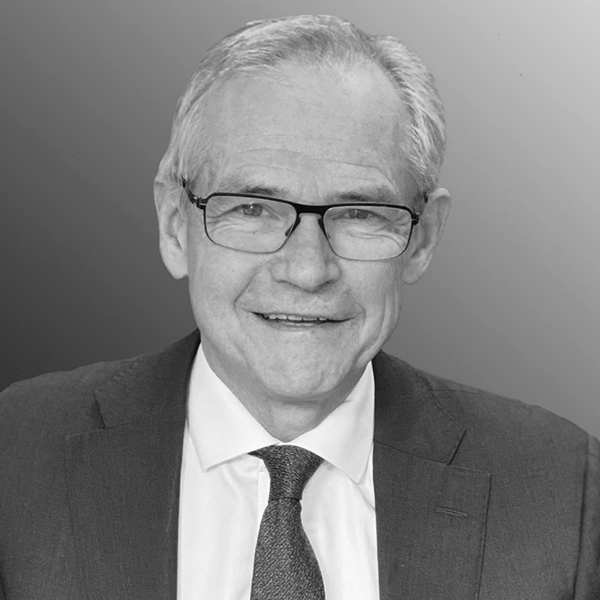
Should today’s taxpayers have to pay for the sins of those to whom death has denied the right of defence?
And to whom should the reparations be paid, since the mortal coils of those who sustained the alleged injuries were shed many years ago?
Deciding how much should be paid by whom and whose names should be on the cheque gets harder the deeper one delves into history, as ethicist Nigel Biggar demonstrates in his recent book, Colonialism: A Moral Reckoning.
He cites a letter published in The Times by a former British diplomat who recounted a conversation he had had with a ruler of Nigeria shortly after the country’s independence.
The ruler was pressing the case for reparations for decades of colonial oppression.
“I entirely agree,” the diplomat replied.
“And you shall have your compensation – just as soon as we get ours from the Romans.”
Deciding which of mankind’s accumulated collection of historical grievances require compensation is just the first part.
Next we must ask who is entitled to receive the funds, since the connection between the 237,303 Indigenous Queenslanders counted in the last census and those who were actually wronged is far from straight forward.
What are we to make, for instance, of the 86 per increase in Queensland’s Indigenous population in the space of just 15 years?
Or that the fastest growing age cohort is the over 55s, which has increased 48 per cent since the last census.
In 2016, 26 per cent of those who claimed to be Indigenous claimed they were of Australian Aboriginal ancestry. 61 per cent said they were merely Australian; while English and Irish sufficed for most of the rest.
In 2021, 97 per cent of Indigenous people claimed Australian Aboriginal or Torres Strait Islander ancestry and 33 per cent just plain Australian.
... is it merely that ticking the Indigenous box carried greater expectation of reward in cash, concessions or social prestige?
There is no way of telling, blurring the lines of moral distinction between the 95 per cent of Queenslanders who’ll be landed with the bill and the five per cent who stand to gain.
If the $33.4 billion of expenditure for Aboriginal and Torres Strait Islander Australians identified in the 2015-16 Budget by the Productivity Commission isn’t enough, by all means argue for more.
That, however, will be a hard case to make, since the correlation between spending and tangible social benefit is somewhat weaker than socialists imagine.
Anthony Albanese must own the failure of this referendum should that be the result.
Most Australians would have happily said yes to a sober and unembellished constitutional acknowledgement of Aboriginal people and history.
With every over-reached step, however, the penny drops further.
Reconciliation in the dictionary definition of the word - the restoration of friendly relations, harmonisation and unification - this is not."
The alternatives
Albanese or his minders appear to have seriously misread the Australian population because Labor (35%) has fallen below the Coalition (37%) for the first time since the 2022 election; Albanese's support has waned in polls and the No Voice votes are in the majority (53 vs 38%).
The latest poll results to be released are from Victorian-based Redbridge. Support for the Voice in their surveys had fallen by five per cent in the last month to only 39 per cent nationally. The Yes vote was also trailing in every state with only NSW showing some increase in support from 39 to 42 per cent. This was offset by a decline in Victoria from 45 per cent to 41. 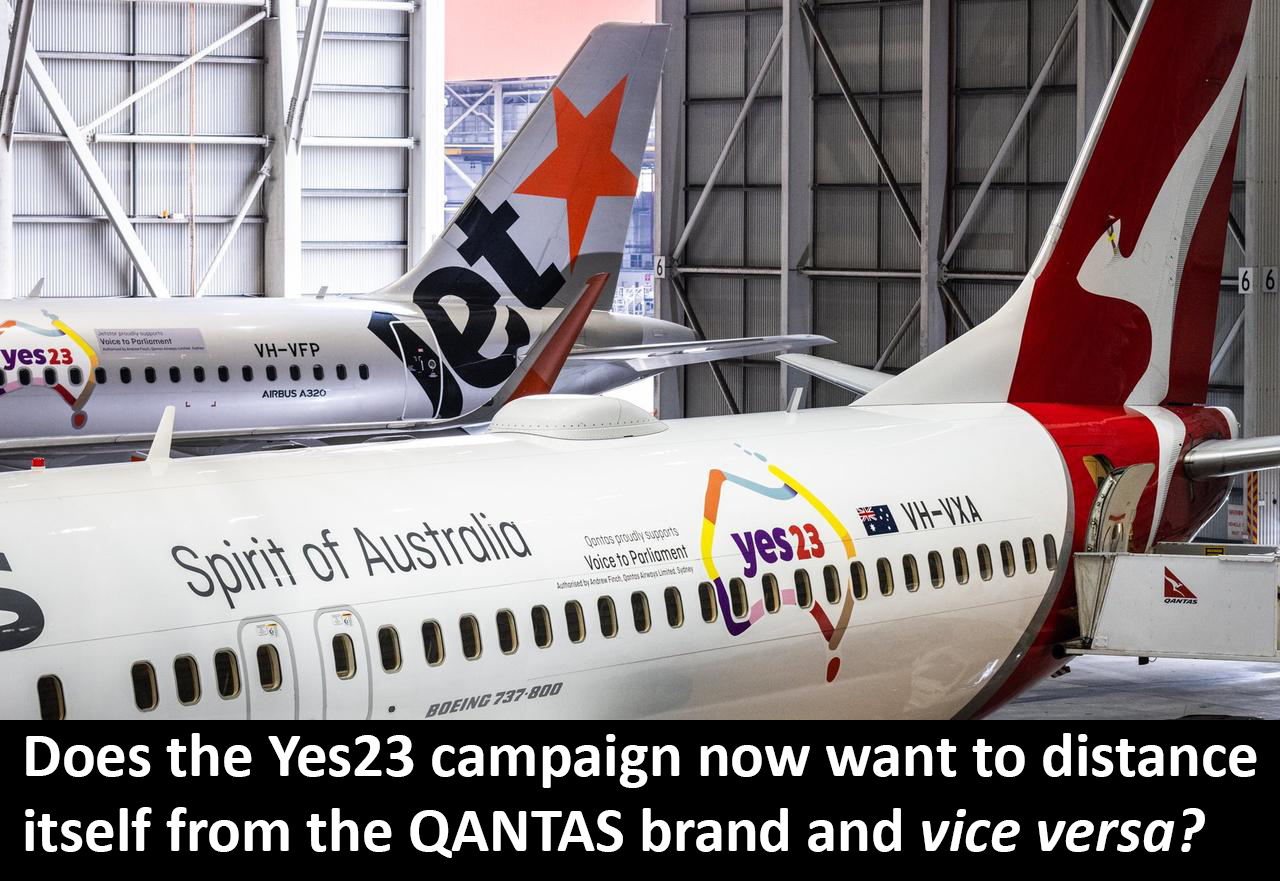
It is likely that merely offering platitudes around the Voice - and by ignoring the risks that have been flagged in historic First Nation calls before the Uluru Statement - by Albanese have been factors behind these linked events.
Once the focus moves away from the Voice - whether it passes or not - the time is ripe to bring change within Aboriginal affairs because there is greater awareness amongst Australians. Allowing for inflation, the expenditure for Aboriginal and Torres Strait Islander Australians is estimated to be $39.5 billion now. Surely some of today’s spend is productive so those efforts should be expanded regionally. There are so many awkward statistics that need to be reversed so obviously the ‘Band aids’ are not sticking so the wound keeps bleeding. I cannot see anything that Albanese and his government are presently proposing in the Voice that offer any hope or inspiration apart from "being the right thing to do".
I look forward to seeing who is going to be the leader that stands up to bring the solution. An early candidate appears to be Senator Jacinta Nampijinpa Price but she is vulnerable and is being personally targetted and allegedly had travel restrictions imposed when she wanted to visit family connections.
[An update to this initial post with public polls prior to the referendum can be viewed, click here.]
[Post referendum analysis shows weighted average 'Yes' and 'No' polling was correct. 'Undecided' voted 96% 'No' and 4% 'Yes' then the blame game started.]
References
Bowes, Michelle, 2023. Labor voters abandon Albanese’s bid to establish a Voice to Parliament. News.com.au. 9th September 2023
CairnsNews, 2023. FOI reply reveals the Voice will enable a treaty which will take a large portion of GNP and rent from all White Australians and abolish flag. InternetArchive WayBackMachine. 17th April 2023.
Cater, Nick, 2023. 'Colonial grievance' at the heart of the Indigenous Voice and the reparations that will follow is leading us down a dangerous rabbit hole. SkyNews.com.au 20th May 2023.
Summers, William, 2023. Email misleads with secret documents claim. AAP Factcheck. 21st April 2023.
Return to Top of page and Menus
